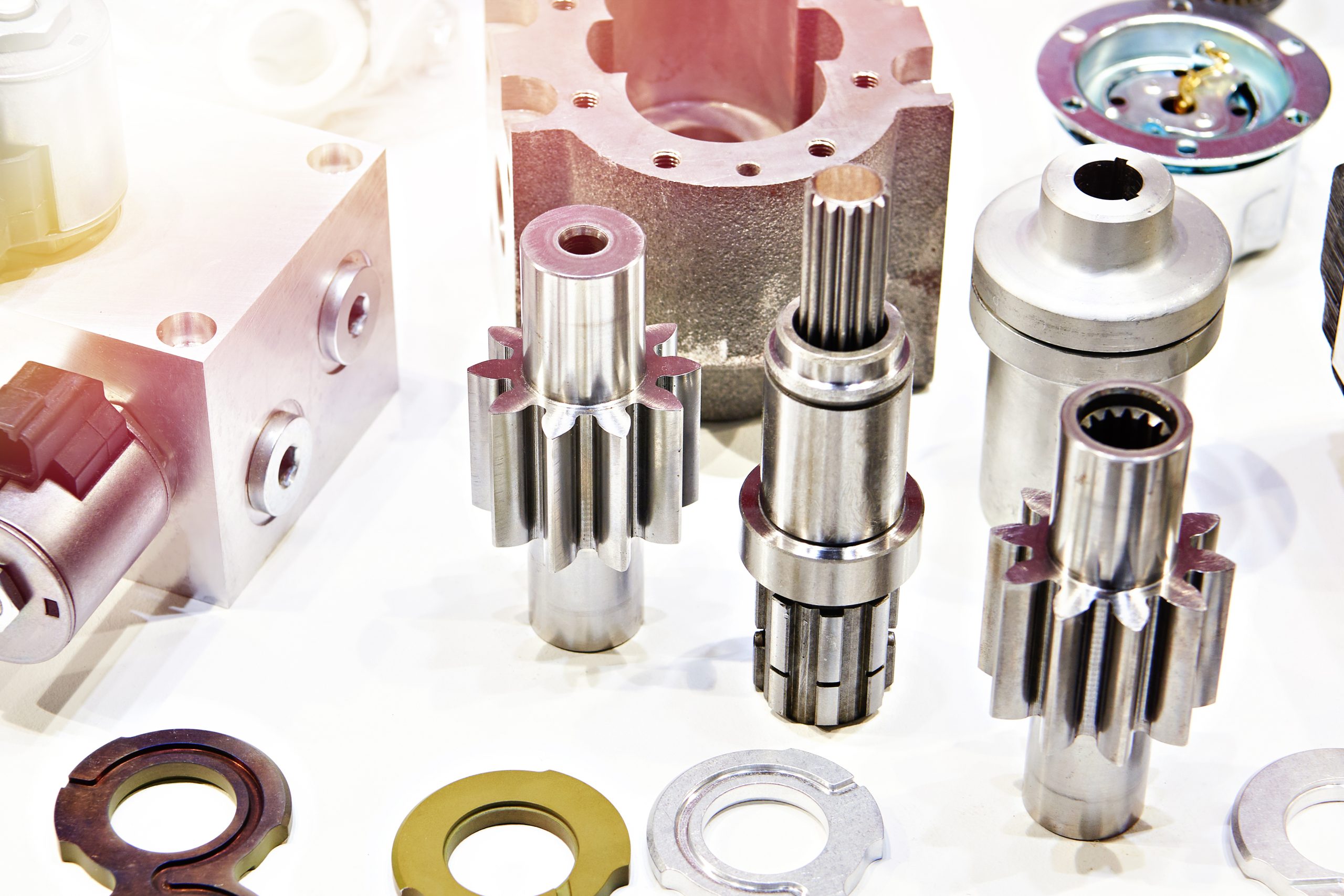Machine Part Procurement – Differences Between Parts Purchasing & Procurement

So often the words purchasing and procurement are used interchangeably – as if they are the same. Yet, these two terms are very different.
Simply stated, purchasing happens when someone pays for goods and services. Procurement, however, includes the bigger picture – including the purchase.
So how do the two relate to machine parts? What is the difference between machine parts purchasing and machine parts procurement?
What is Machine Part Procurement?
Machine part procurement encompasses the entire strategic process that businesses go through to secure the items that they need from vendors and suppliers. Procurement involves finding what you need through a market of competitive bidding.
With procurement, you will recognize there is a need for machine parts and receive a purchase requisition from a certain department in your company. Then, you will go through the process of procuring the parts, including:
- Researching suppliers that offer your machine part and getting quotes to narrow down the list.
- Negotiating contracts in regard to the terms, prices, and quality of the machine parts.
- Create and send the purchase order to the supplier.
- Receiving the shipment of machine parts.
- Inspecting the goods received, ensuring they match the purchase order and are of quality.
- Send payment to the supplier.
Throughout the procurement process, maintaining records and building a relationship with the supplier are very important steps.
What is Machine Part Purchasing?
Purchasing includes all the functions necessary to pay for and obtain a good that a business needs. This is just a small step that is found within the procurement process.
The purchasing of machine parts includes things like:
- Receiving a purchase requisition for machine parts from a certain department within your company.
- Discovering where you can purchase the part and how much it will cost.
- Sending a purchase order to the seller.
- Obtaining the machine part and checking to ensure it is what you ordered.
- Remitting payment to the seller.
Really, machine part purchasing within an organization is just buying the items that are needed, when they are needed.
Difference Between Parts Purchasing and Procurement
Despite how often the words are thrown around, the purchasing and procurement of machine parts are not the same things. Below are a few key differences.
Reactive vs. Proactive. Machine parts purchasing is a reactive process. You need parts so you purchase them. Machine parts procurement uses strategic planning with suppliers so that you always have what you need when you need it.
Value vs. Cost. The act of purchasing machine parts is all about finding the right price from a seller. Procurement, on the other hand, is more focused on the value of the item and the necessary role it plays within the organization.
Transactional vs. Relational. Purchasing machine parts is strictly transactional. It involves paying for the item and receiving it from a seller. Procurement is more relational as it involves building long-term relationships with suppliers and vendors.
Long-term Goals vs. Short-term Goals. Purchasing doesn’t involve any contracts – remember, it is strictly transactional. If a company needs machine parts, they are purchased, received, and the problem is solved – until additional parts are needed. This fulfills a company’s short-term goals.
Long-term goals involve building relationships with suppliers that can be trusted and counted on now and in the future. The strategic planning to meet these long-term goals is all part of the procurement process.
Machine Parts Procurement at DXL
Machine part procurement can save a company’s bottom line. To help protect yours and ensure that you secure the best suppliers using a global market, you will want to have the procurement experts of DXL Enterprises on your side.
We will work on your behalf to deliver your machine parts when and where they are needed. As a result, your workflow processes can improve and your costs will decline.
Learn more by contacting us today at (201) 891-8718.

